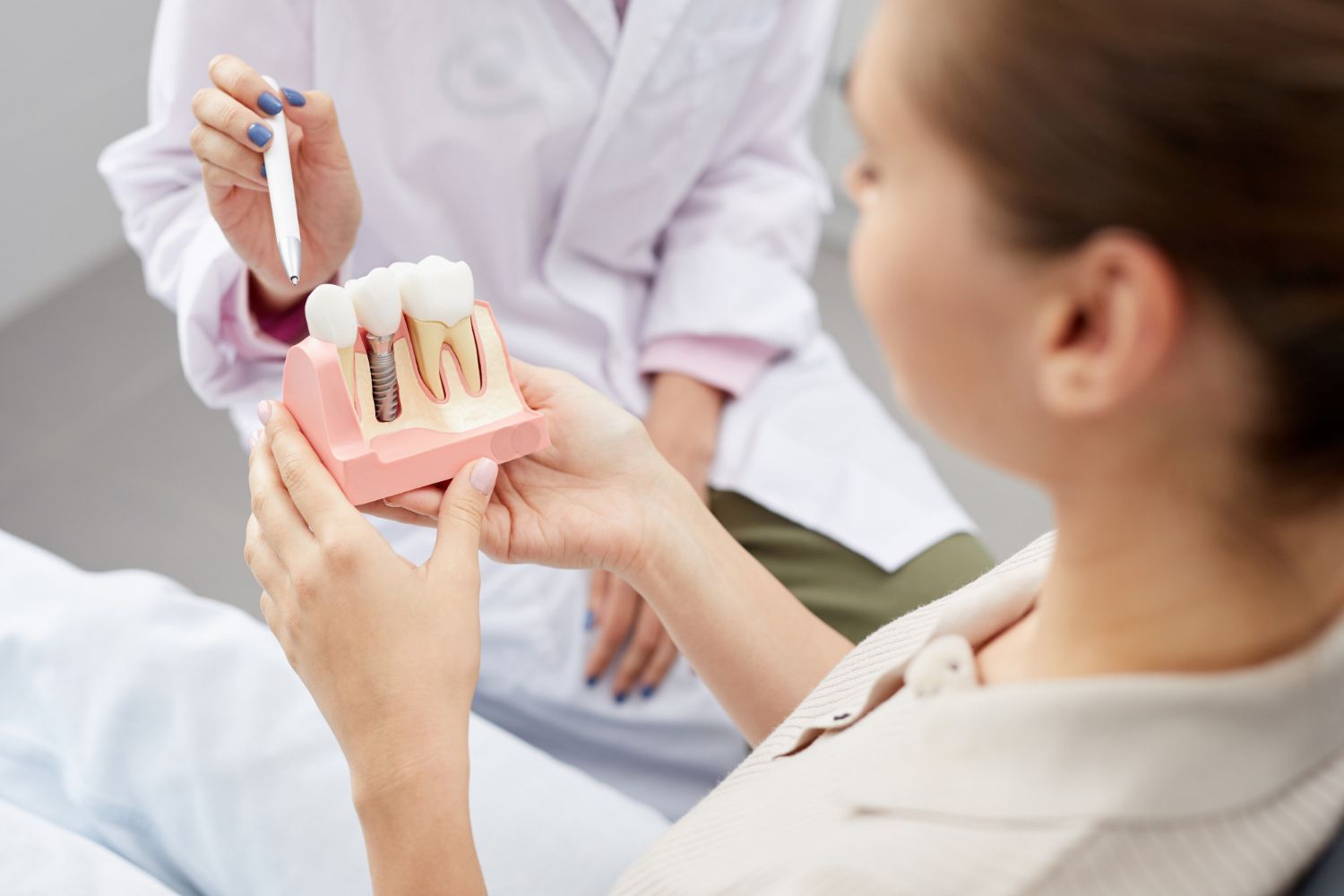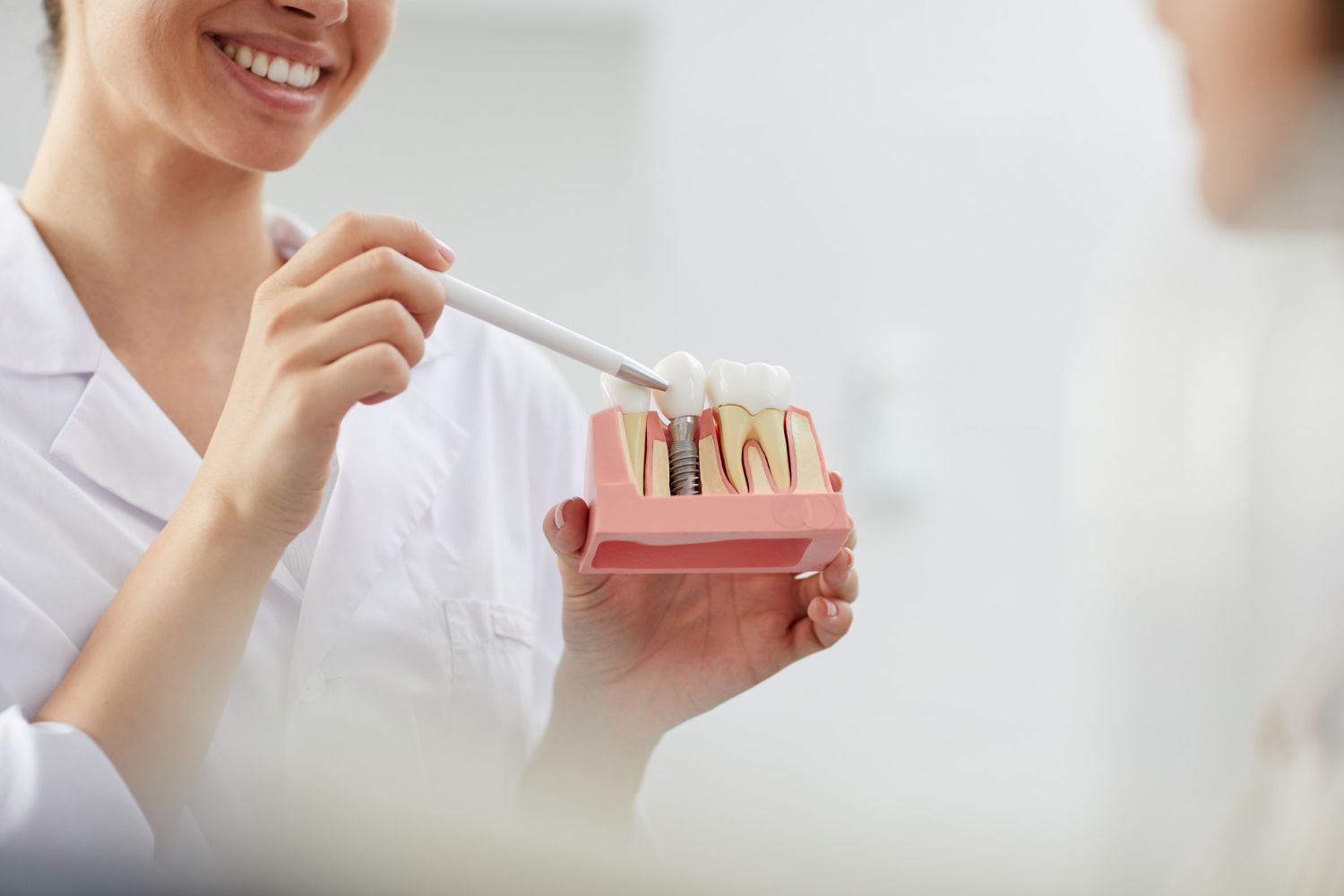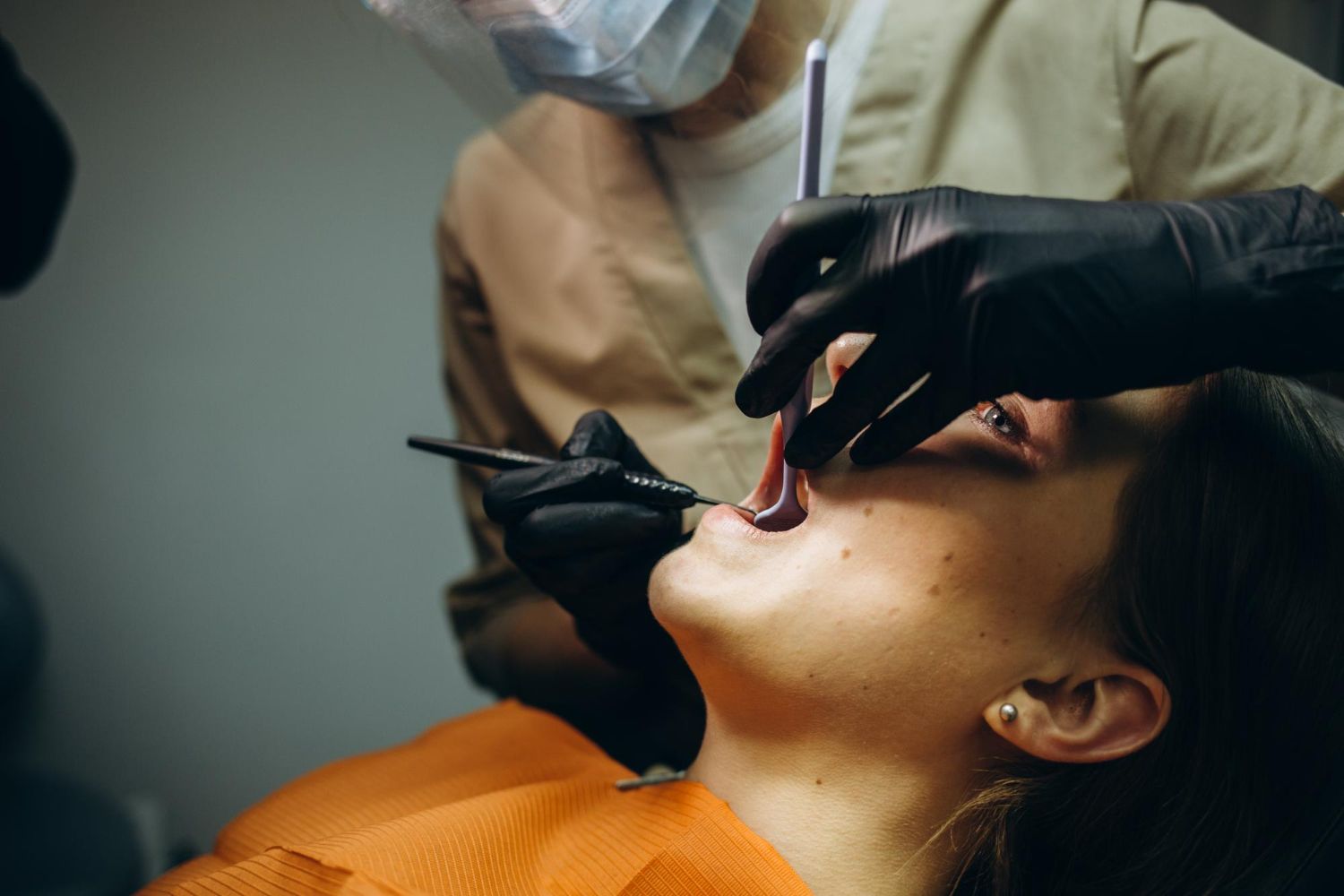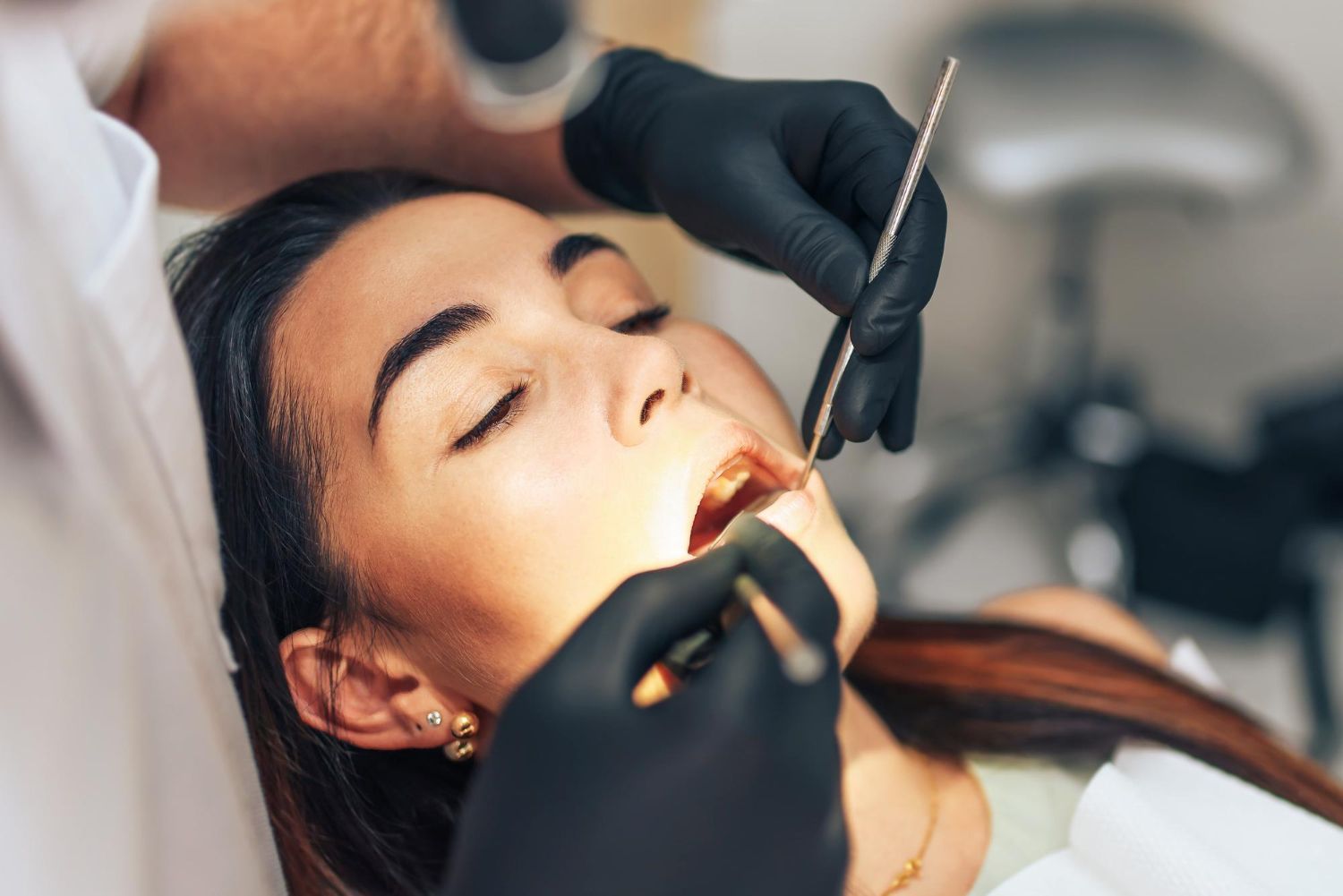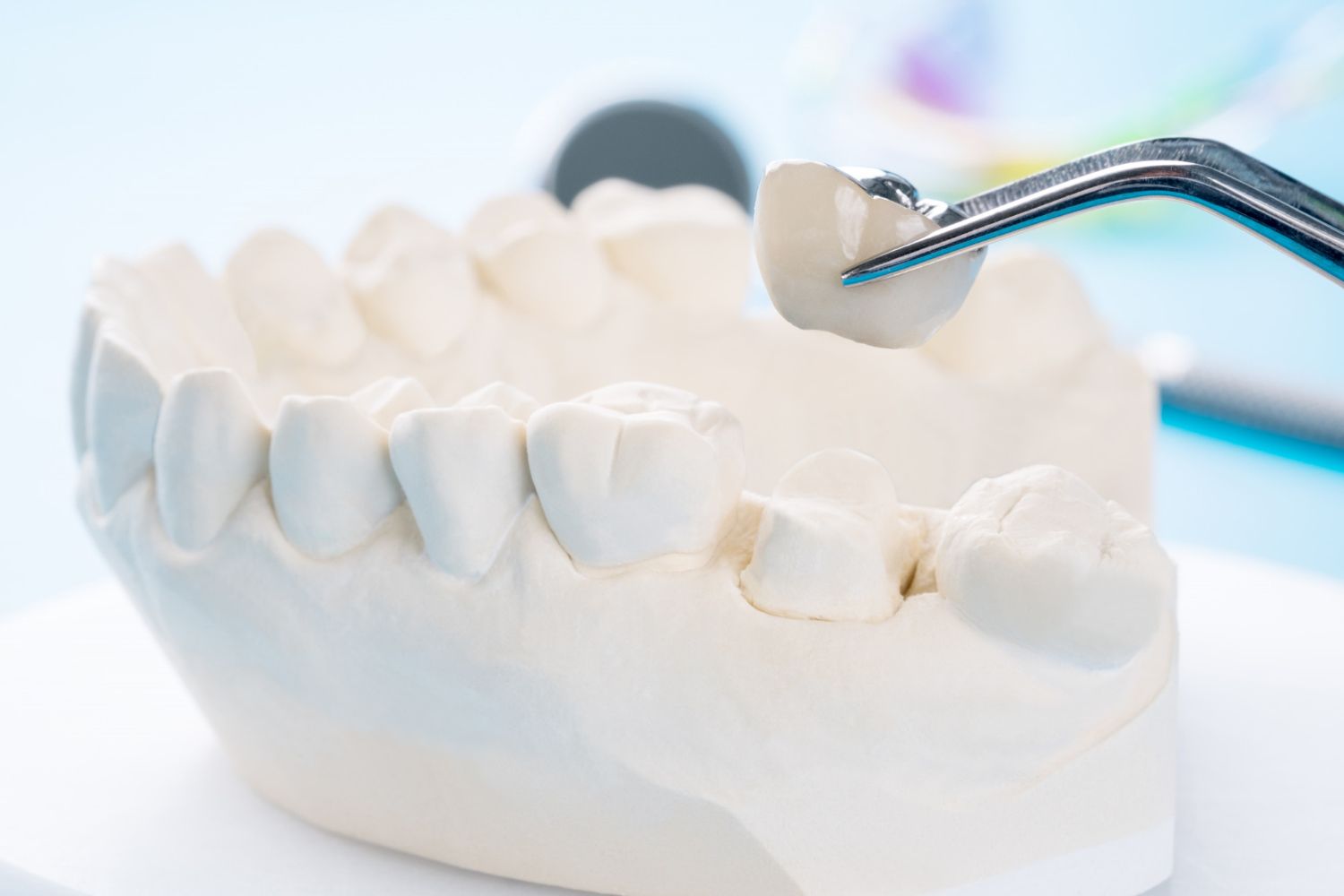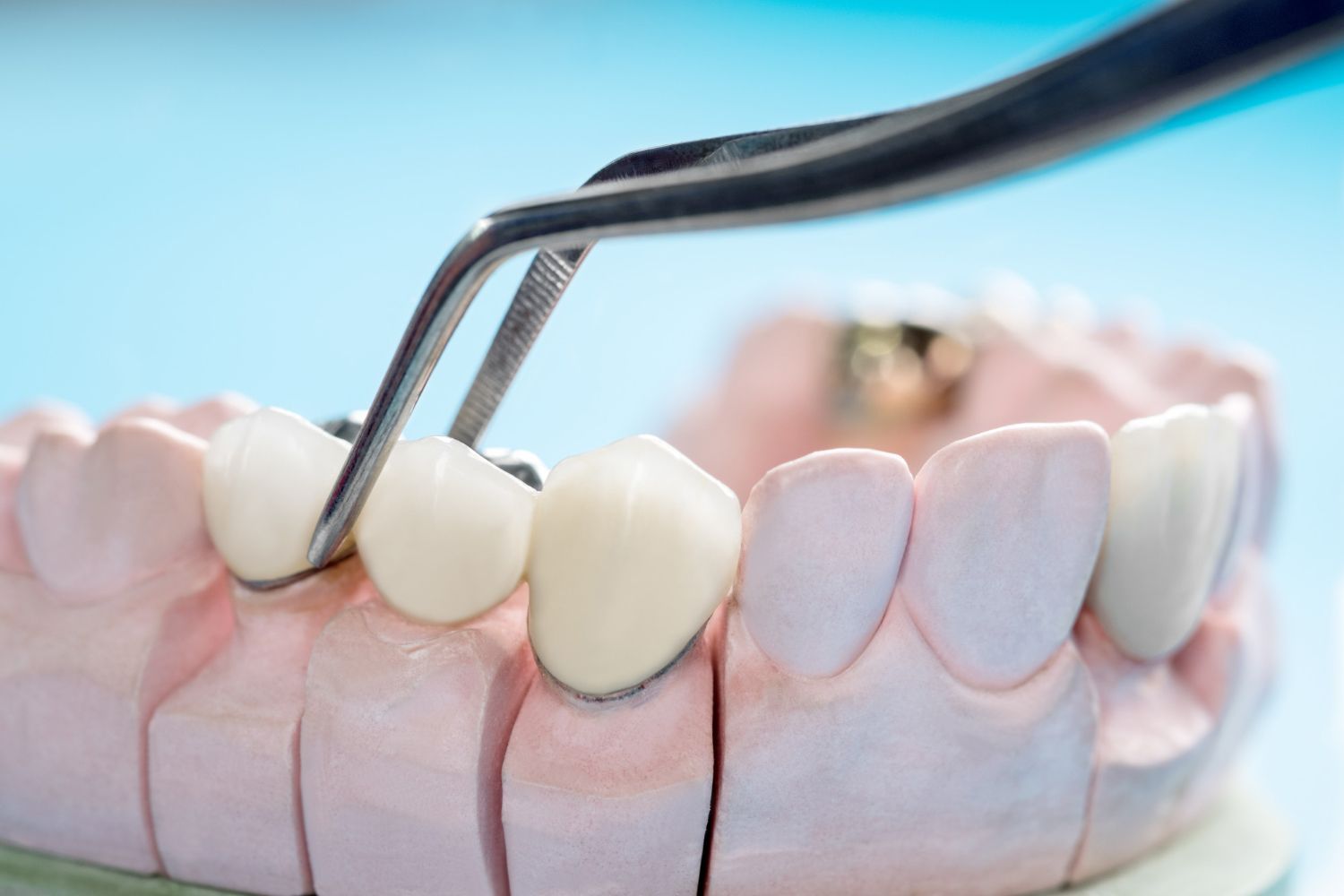Protecting Your Child's Teeth During Sports Activities
Kids stay active year-round, whether it's fall soccer, spring baseball, or year-round martial arts. Along with the energy and excitement that comes from sports activities, there’s also a real risk of dental injuries. Elbows, balls, or collision with the ground can seriously hurt a child’s teeth if they’re not protected. That’s why it's so important to understand how to keep their smiles safe during the sports seasons.
Good habits and the right equipment can go a long way in preventing chips, cracks, or even knocked-out teeth. Our dental team often sees injuries that could have been avoided with a simple change in gear or routines. For families looking for support from a trusted provider of family dental in Lynn, helping children stay safe during sports season is always a priority.
Importance Of Mouthguards For Sports
Mouthguards are one of the easiest and most effective ways to protect a child's teeth during physical activity. They’re designed to cushion a blow to the face and limit the risk of broken teeth or injuries to the lips, tongue, or jaw. If your child plays a contact sport like football or hockey, or even if they just ride a bike or skateboard regularly, it’s worth making a mouthguard part of their regular gear.
There are three basic types of mouthguards:
1. Pre-fabricated mouthguards: These are ready to wear out of the box and are usually the least expensive option. However, they rarely fit well and can be uncomfortable or bulky.
2. Boil-and-bite mouthguards: These can be picked up at most sporting goods stores. After softening the material in hot water, you place it in the mouth and have your child bite down to shape it. They tend to offer a better fit than pre-fabricated options but may still come loose or wear out quickly.
3. Custom-fitted mouthguards: Made by a dentist, these are molded to your child’s teeth and mouth for the best fit and comfort. While they tend to cost a bit more upfront, they’re usually better for long-term use and better compliance.
When picking a mouthguard, think about your child’s age, how often they play, and what sport they’re in. A younger child may grow out of a mouthguard faster, so it might make sense to start with a boil-and-bite option until their teeth settle. Older kids who play contact sports regularly will benefit more from a custom-fit version.
Tips For Encouraging Consistency
Getting kids to actually wear their mouthguards can be a challenge, especially if they think it’s uncomfortable or unnecessary. But the more they use it during practice and games, the more natural it becomes. Here are a few ways to build consistency:
1. Keep the mouthguard in their sports bag so it’s always with them when they play.
2. Pick a fun color or design to help your child feel more excited to wear it.
3. Ask coaches to remind the team to wear them before every practice, not just during games.
4. Lead by example. If you're active too, wear a mouthguard when needed and talk about why it matters.
5. Involve the child in the process of choosing or fitting the mouthguard so it feels more like theirs.
Consistency helps mouthguard use become part of the game-day routine, just like tying shoes or putting on shin guards. It’s an easy win for long-term protection and can help them avoid painful dental emergencies later on.
Regular Dental Check-Ups For Active Kids
Maintaining regular dental check-ups is one of the simplest ways parents in Lynn can stay ahead of potential issues that pop up from sports activities. When your child visits the dentist routinely, it gives the provider a chance to look for signs of impact or wear related to physical play. Even if there’s no visible damage, small shifts or loosened teeth can be caught early, which helps avoid bigger problems down the line.
Besides checking the health of the teeth and gums, these visits are a good time to evaluate how well a current mouthguard is fitting. If your child is growing quickly or has lost teeth recently, their mouthguard might not offer the same level of protection as it once did. A poor fit can make a mouthguard uncomfortable, irritating, or almost useless. That’s why bringing the mouthguard to each appointment makes sense. It gives the provider a better picture of how it interacts with your child’s evolving smile.
Routine visits also serve a big purpose that sometimes gets overlooked. They help establish consistent dental habits. Kids who are used to seeing a dentist regularly tend to be more comfortable during visits and less likely to skip them, even as they get older.
How To Respond To Dental Injuries In Sports
Accidents happen fast. One second your child is having the time of their life mid-game, and the next, they’re holding their mouth in pain. In those moments, having a general plan can make all the difference. Whether it’s a chipped tooth, a lip injury, or worse, staying calm and acting quickly is key.
Here’s a simple response checklist for common sports-related dental injuries:
1. Stop the bleeding: Use gentle pressure and a clean cloth or gauze to control bleeding.
2. Check for tooth damage: Look for cracks, chips, or missing teeth. Gather any broken pieces you can find.
3. Rinse the mouth: Use water to gently clean out dirt or blood. Avoid using hydrogen peroxide on kids, as it might sting.
4. Apply cold compress: To reduce swelling, apply a wrapped ice pack to the outside of the cheek.
5. Store a knocked-out tooth: If a permanent tooth comes out, place it in a small container of milk or the child’s saliva, and head to a dentist right away.
If your child wears braces, be on the lookout for displaced wires or loose brackets, which can add another layer of difficulty during a fall or impact.
It’s also smart to keep a basic dental first aid kit in your car or sports bag. It doesn’t need to be fancy. Just a few gauze pads, a small container with a lid, and an instant cold pack can help manage the situation until you reach professional care.
Keeping That Winning Smile All Season Long
Sports help kids build confidence, stay healthy, and enjoy being part of a team. But bumps and falls are bound to happen. That’s why having a strong dental protection plan is just part of being prepared, like wearing shin guards or helmets. A well-fitting mouthguard that’s used every time and regular dental check-ups can go a long way in keeping their smile intact, even through the most intense practices and games.
Managing the risk of injury comes down to preparation and consistency. When your child knows the routine and understands why it matters, they’re more likely to stick with it. Parents play a huge role in setting that tone. Whether they're six or sixteen, kids look to adults for direction. Helping them feel good about preventive care today helps keep future dental problems off the field.
If you're looking to make sports safer for your child, exploring options for
family dental in Lynn can be a smart step toward keeping their smile healthy and strong. At Seaport Family Dentistry, we’re here to help your young athlete stay protected with the right preventive care and personalized solutions that fit your family’s needs.

